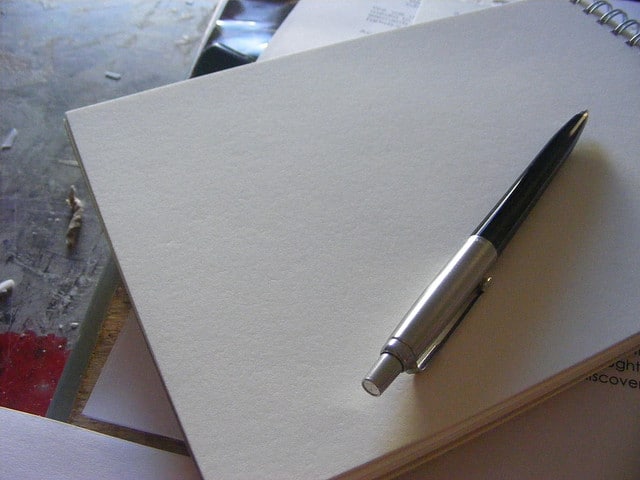Recently I attended a workshop called “American Author” inspired by American Idol. People anonymously submitted the first pages of their novels, which were read aloud to a panel of editors and agents. The panel then provided their immediate, brutally honest feedback for all to hear.
Given my past post on how to write the perfect first page, I thought it was important to add to it by sharing what I learned from hearing the perspective of people who have read hundreds, if not thousands, of first pages.
Warning: tips are easier said than done.











